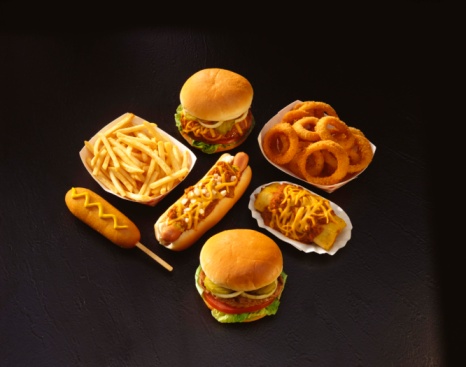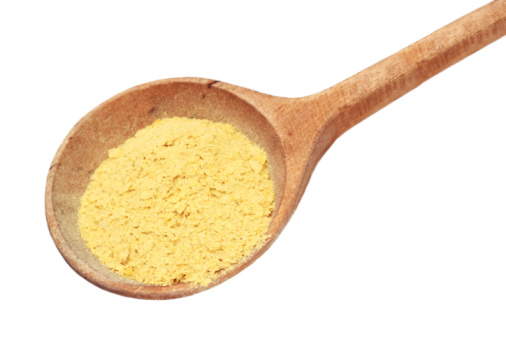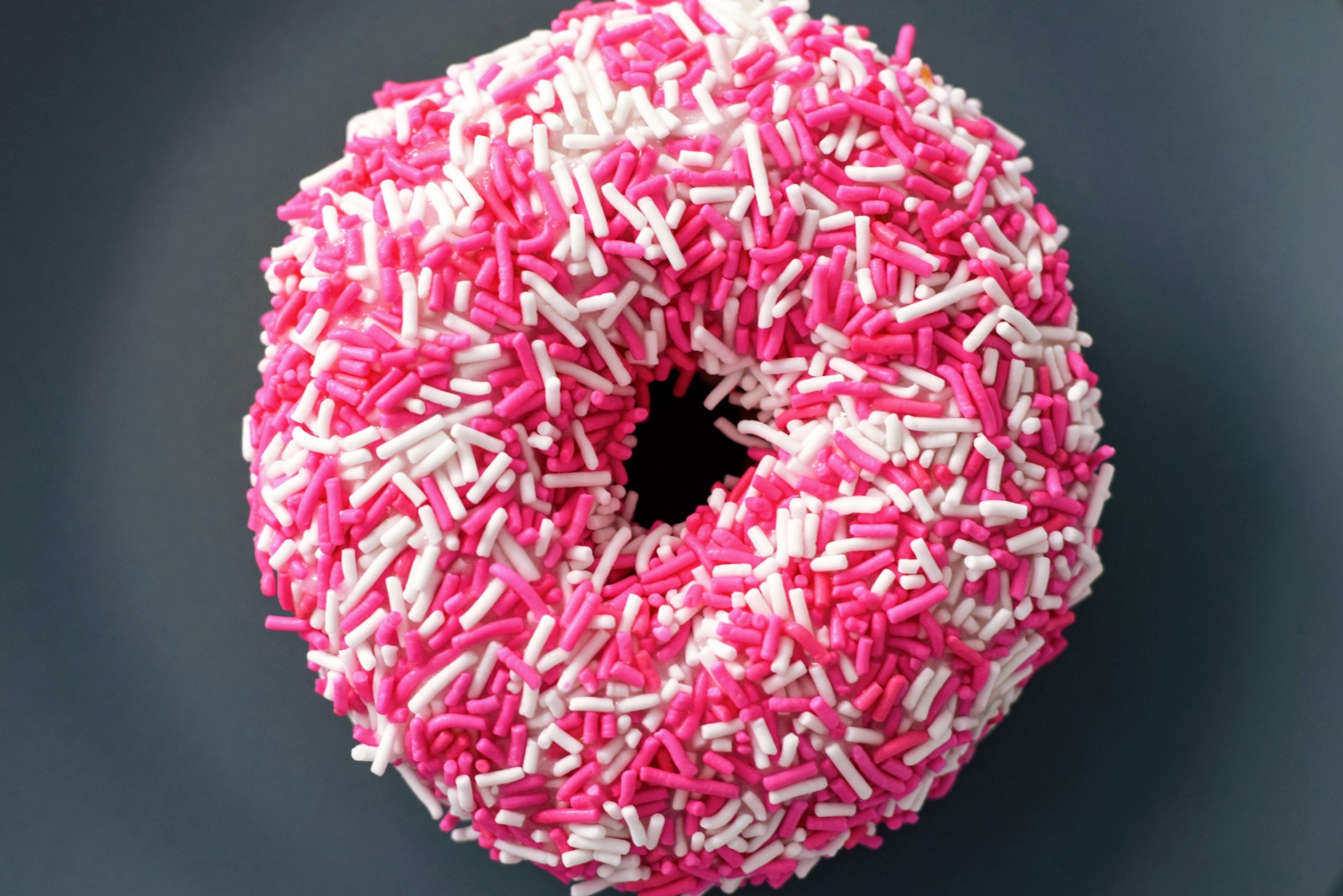
Was the last diet you tried really doing something good for you?
Fad diets seem to be everywhere these days, but there’s one diet that isn’t going out of style any time soon!
If you are over 40, you probably have inflammation in your body keeping you from being truly healthy and feeling good. A large contributor to inflammation is your lifestyle, especially your diet.
An anti-inflammatory diet can really help. It eliminates many foods that cause unhealthy inflammation. Cutting down on inflammation in your body can help improve a number of symptoms you may be experiencing, such as joint aches and pains!
First thing’s first. What is inflammation and what are the different forms?
You probably think of inflammation as a physical injury, like a sprained ankle or a contact injury that is throbbing, or swollen joints from repeated overuse.
Here, the pain is present in the form of acute inflammation that can reveal itself as muscle and tissue pain, but there are other forms of more serious chronic inflammation.
Chronic inflammation can be at the root of many issues behind aches and pains such as bowel issues, mental performance, low moods, sleep disturbances, skin problems, fatigue, a poor immune system and more.
When you are on an anti-inflammatory diet you’ll consume more whole foods such as organic fruits and vegetables that won’t trigger this kind of inflammation. So what shouldn’t you eat?

Often found in coffee, soda, tea and energy drinks, caffeine is a central nervous system stimulant that is known to promote inflammation in the body.
While caffeine does provide an initial boost of energy, it blocks the ability of immune cells to fully decrease inflammation. This is why food and drinks that contain it are avoided in an anti-inflammatory diet.

Nightshade vegetables like tomatoes, potatoes and eggplants contain gut-irritating alkaloids that may trigger intestinal disturbances.
As they promote inflammation, they’re often known for increasing pain for people with chronic joint and muscle pain.

Diets high in trans fats produce a higher inflammatory response in the liver than those without.
Trans-fatty acids are often a direct source of oxidative stress and create systemic inflammation that is associated with heart disease, digestive and metabolic dysfunction in the body.
Fats labeled as hydrogenated or partially hydrogenated are the worst but are usually found in most processed foods such as cookies, crackers, and chips. Eliminating trans-fats is critical for an anti-inflammatory diet to be effective.

Consuming yeast may contribute to the growth of yeast fungus in the GI tract.
This can lead to gas, bloating and digestive issues caused by poor gut flora health.
Gut flora needs to be healthy for your body to properly absorb vitamins and minerals. Healthy gut flora aid the body’s detoxification process which naturally decreases inflammation.

Many people with chronic inflammation find that dairy is an inflammation trigger.
This is because many people do not have an enzyme called lactase that is needed to break down lactose, the sugar found in dairy products.

 Artificial sweeteners found in diet products and many sugar-free foods can cause serious inflammation.
Artificial sweeteners found in diet products and many sugar-free foods can cause serious inflammation.
High Fructose Corn Syrup, Aspartame and Sucralose are three of the worst offenders, but many additives such as monosodium glutamate (MSG), food dyes, BHA or BHT also promote inflammation.
These additives have been shown to alter behaviors, create inflammation in the GI tract, worsen headaches, raise blood sugar levels and decrease the overall health of the cardiovascular system.

Eating too many eggs can send you into an inflammatory spiral.
This is because egg yolks contain arachidonic acid, one of the main fatty acids involved in inflammation.

Meat is another highly acidic food that should be avoided on an anti-inflammatory diet.
Animal meat protein is high in purines, which break down into uric acid. This is often the culprit for more painful inflammatory conditions.
There is no doubt that by eliminating these inflammatory foods from your diet will help you alleviate symptoms of chronic inflammation.
Start by cleaning out your pantry and reading the labels on all food items. Eliminate foods with preservatives, additives, and excess sugar or sodium in order to prevent inflammatory reactions.
Meals should be prepared at home and include whole, organic foods whenever possible.
Once you are in the habit of eating and grocery shopping for an anti-inflammatory diet, it is easy to make it part of your normal routine!
